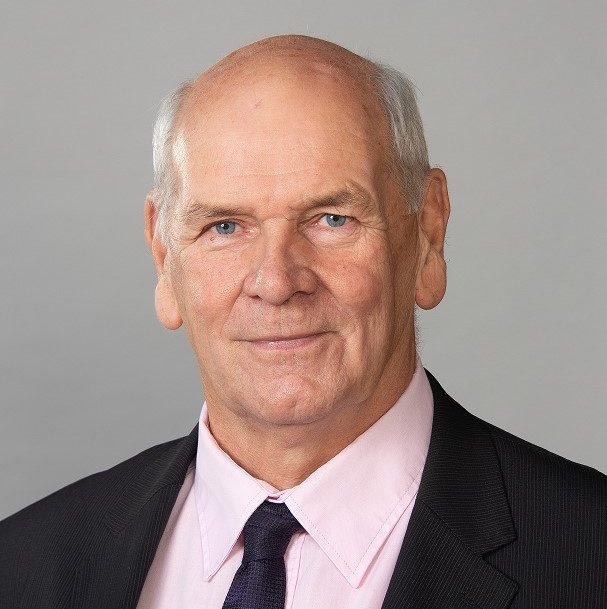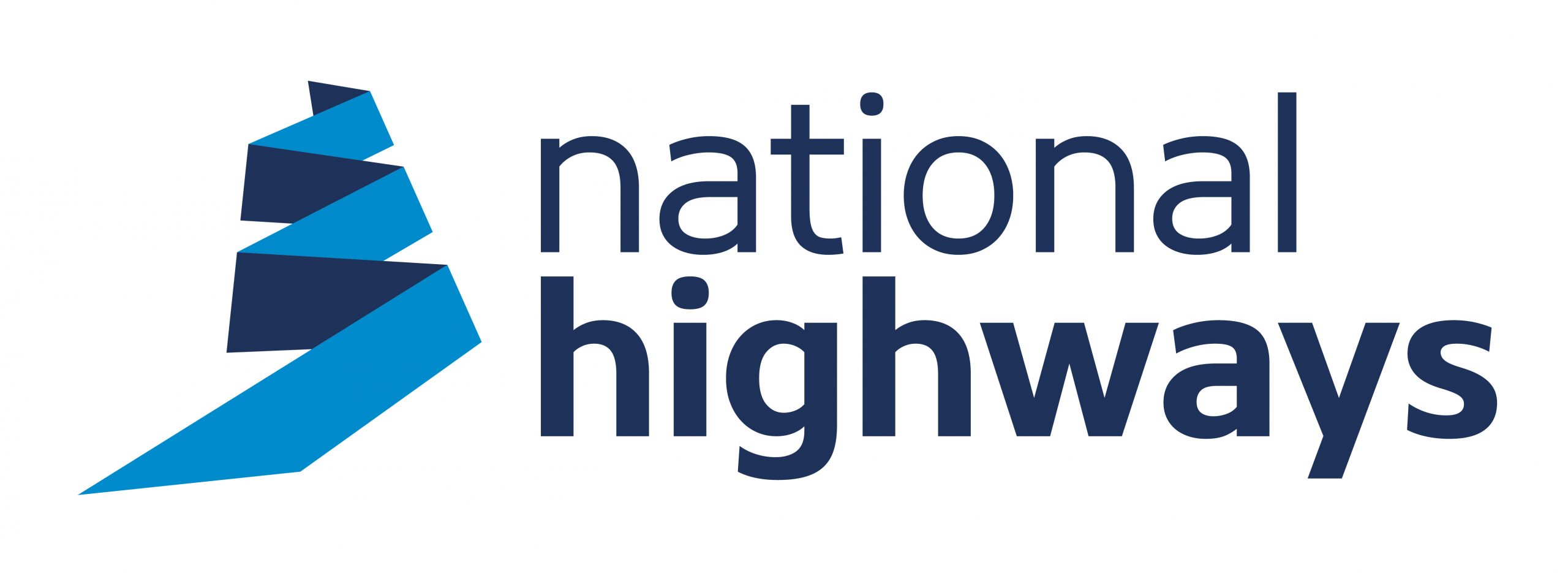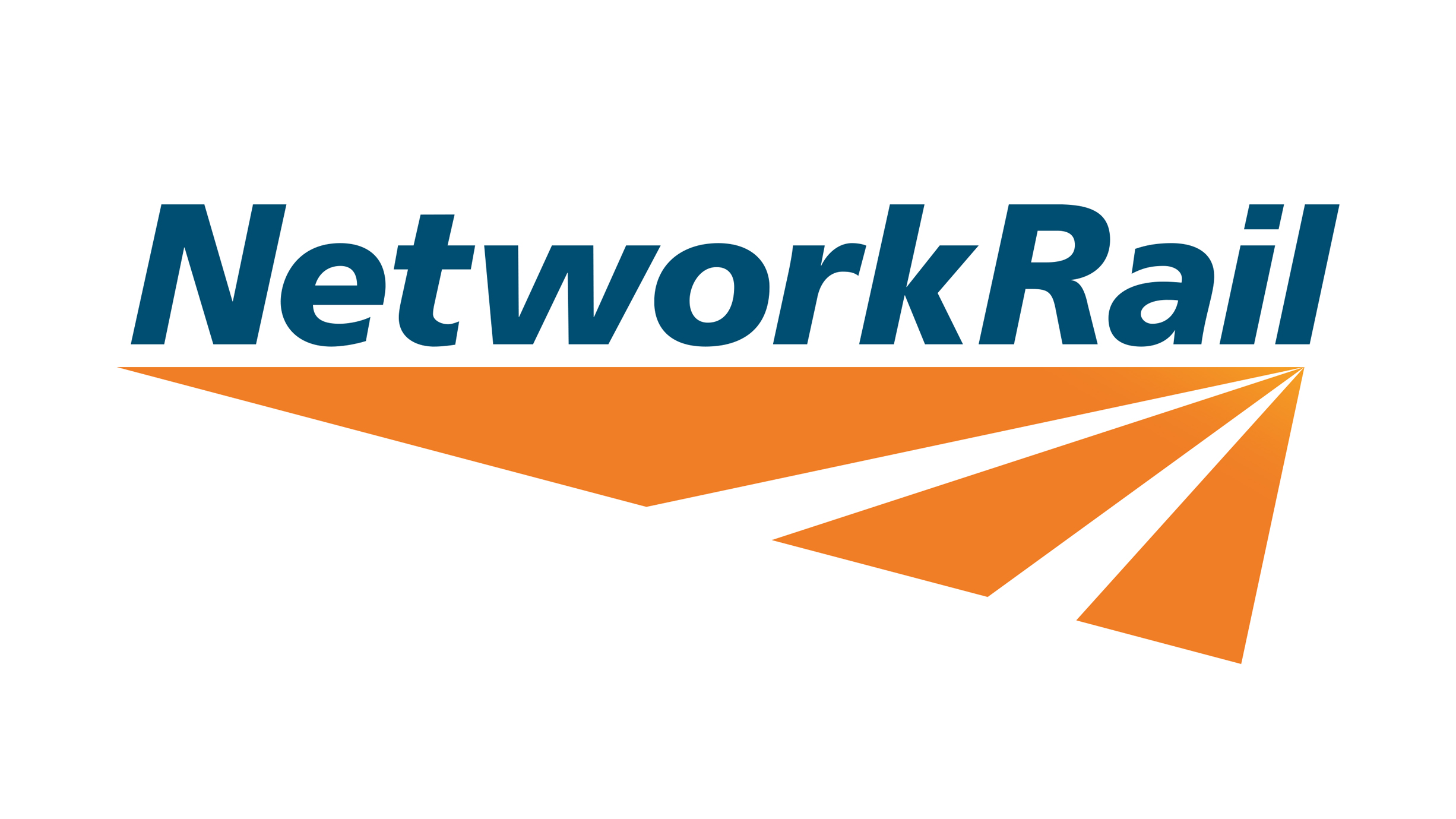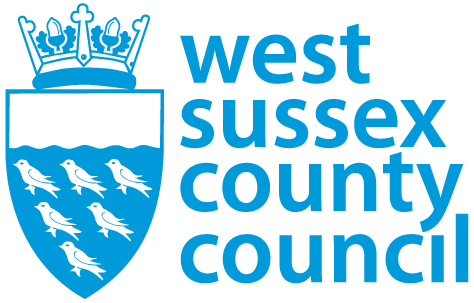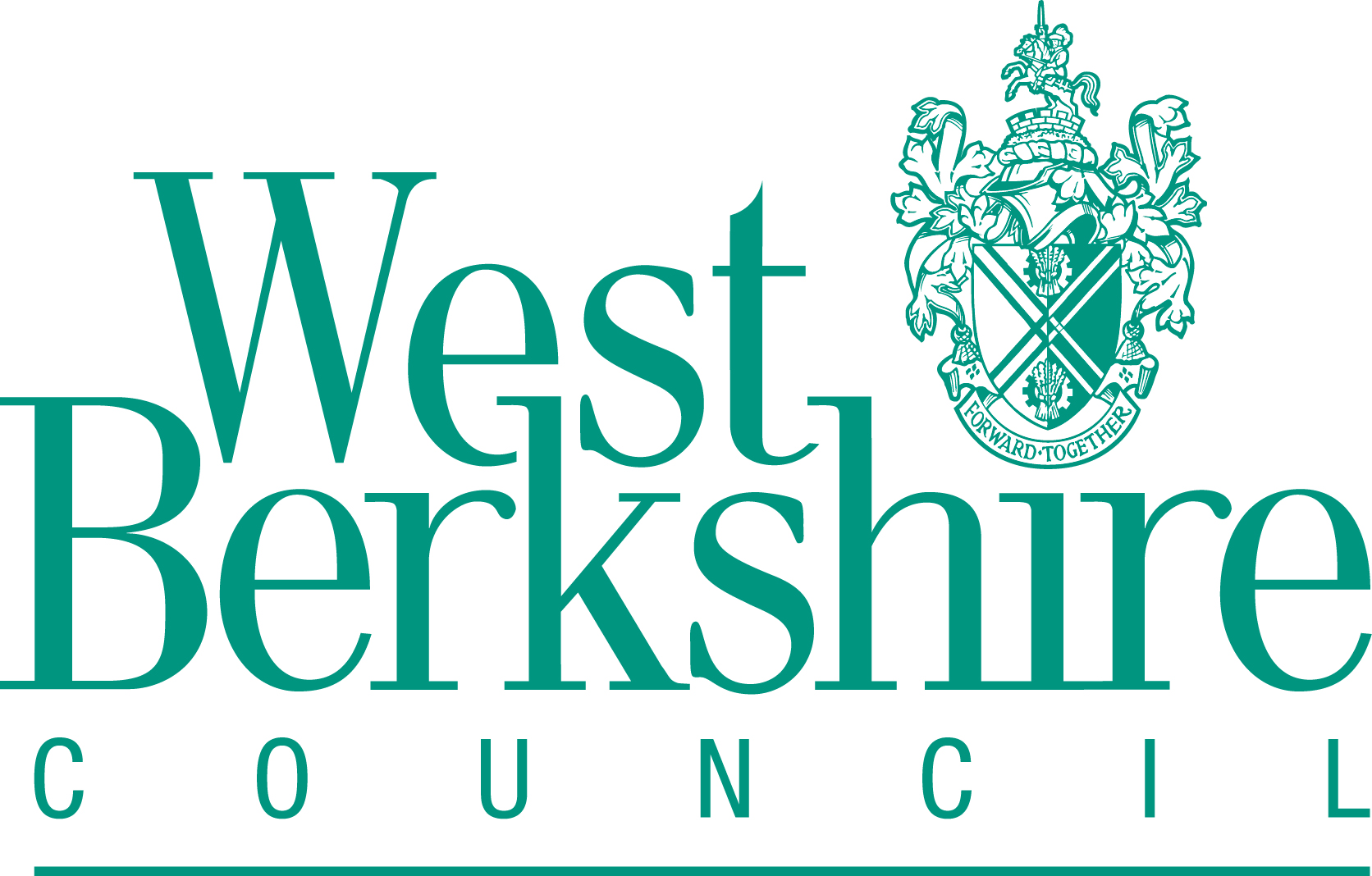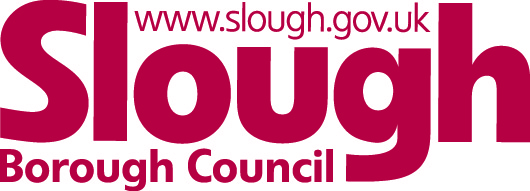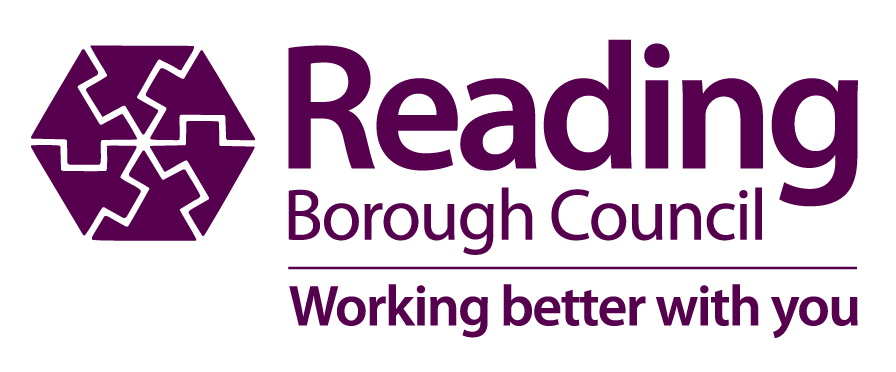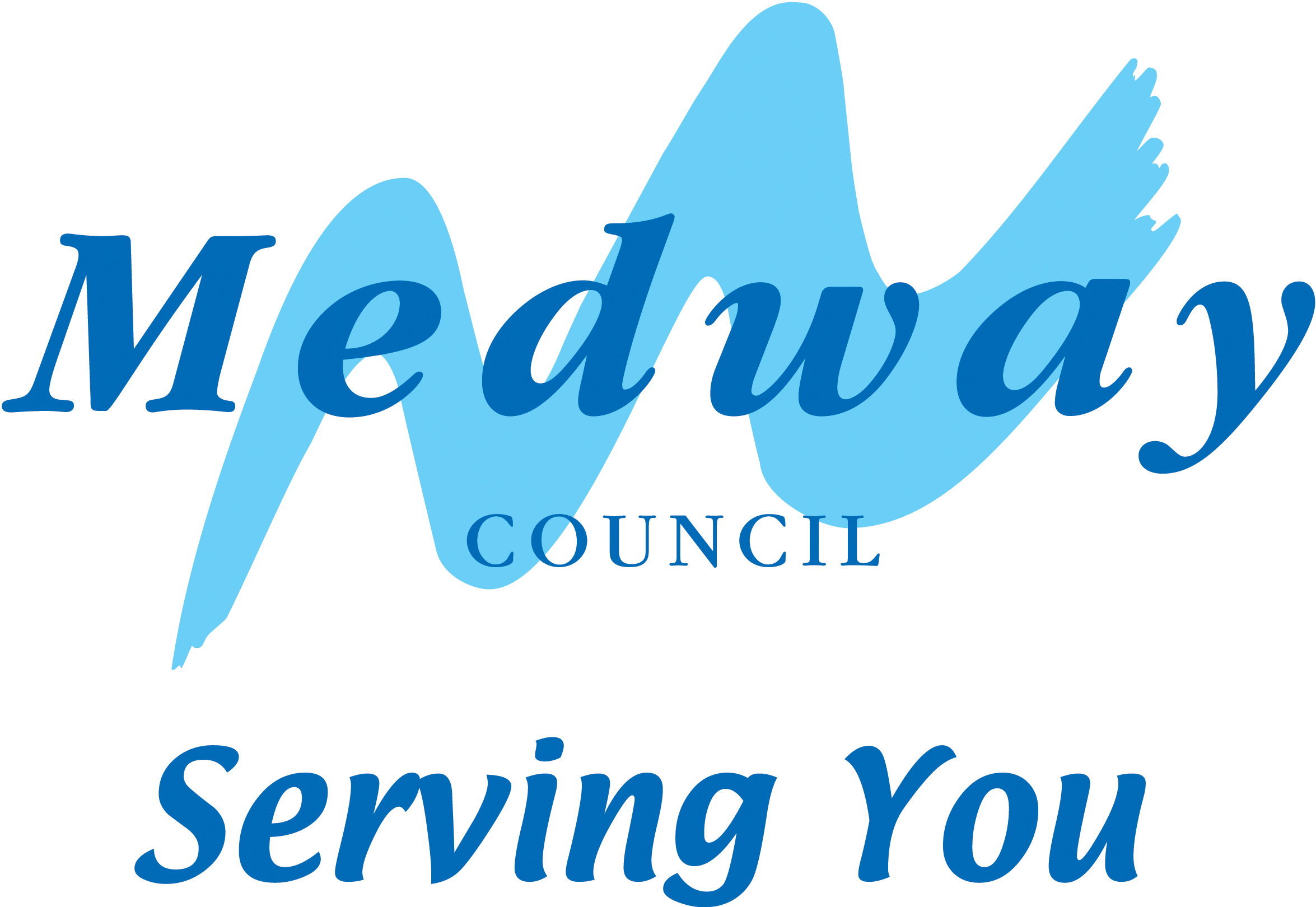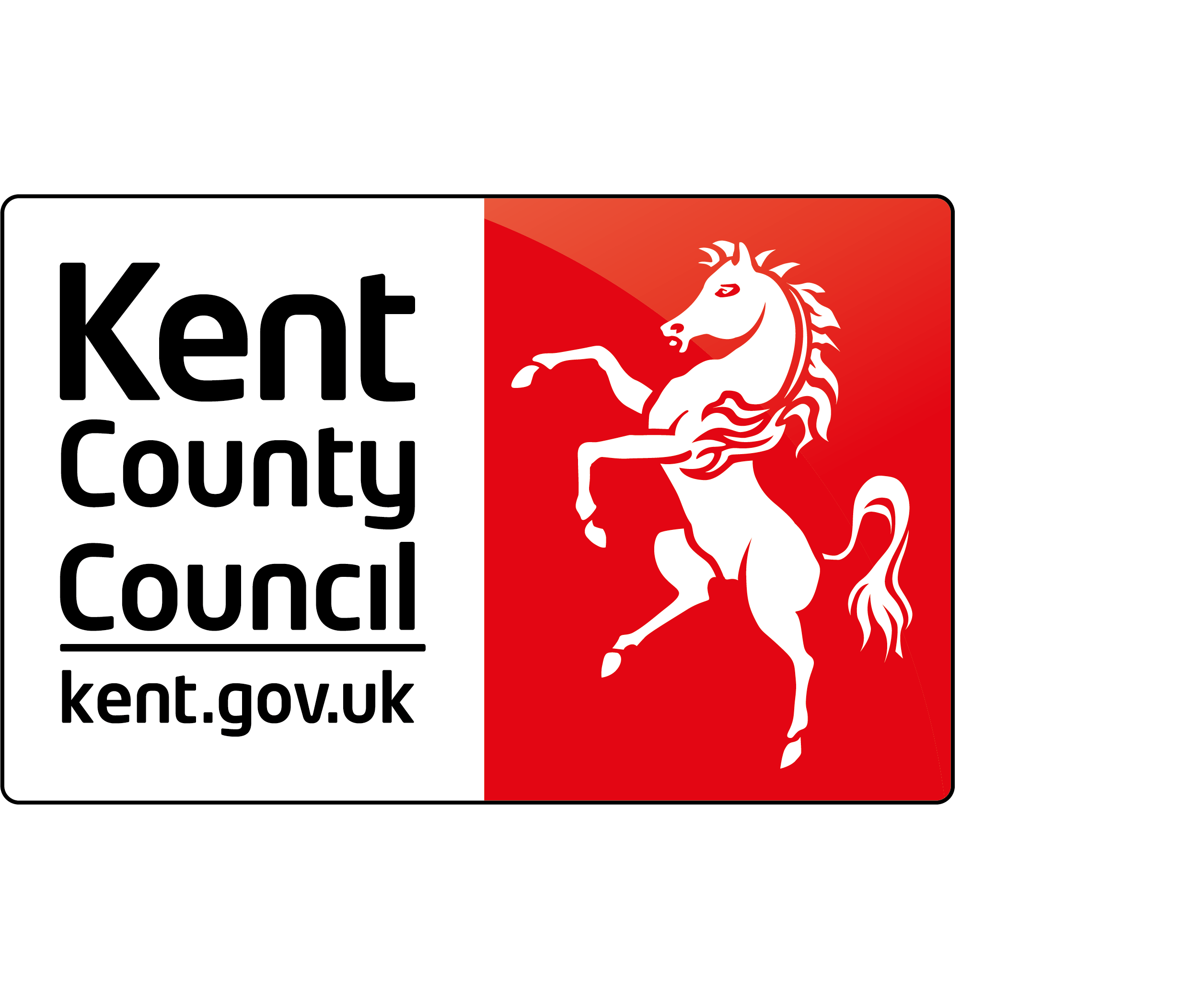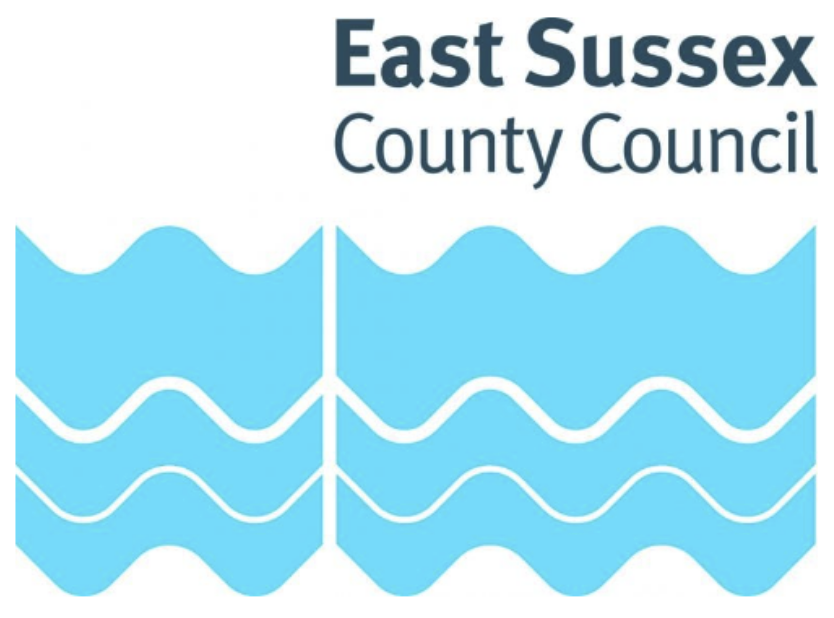Business Plan 2023-2024
Contents
About us
Our priorities for 2023-24
Delivering our Strategic Investment Plan
Moving faster and further: driving forward our work in key thematic areas
Communications and stakeholder engagement
Driving sustainable investment in our region’s transport network
Resources
Looking to the future – Councillor Keith Glazier
About us
Transport for the South East (TfSE) is a unique partnership for our region, bringing together local authorities, local enterprise partnerships (LEPs), transport providers and other stakeholders to speak with one voice on the south east’s strategic transport needs.
Our area – covering the six Berkshire authorities, Kent, Medway, Hampshire, Southampton, Portsmouth, the Isle of Wight, Surrey, East Sussex, West Sussex and Brighton and Hove – is the most economically productive region in the country, outside of London.
It is home to 8.3 million residents and more than 350,000 businesses and is our nation’s key international gateway for people and goods. It boasts world-leading universities and research institutes, diverse towns and cities and stunning coasts and countryside. It is a great place to live, work, study, visit and do business.
Our focus is on achieving our shared vision of a better, more prosperous, net-zero carbon south east with a sustainable transport network at its heart.
We don’t replicate the work of local transport authorities (LTAs) – we work with them to ensure that the plans we put forward reflect the needs and priorities of the communities they represent.
At the heart of TfSE’s work programme is our landmark thirty-year Transport Strategy, published in 2020. It sets out how, with the right investment, we can grow the south east’s economy, boost jobs and opportunity, improve quality of life and hit net-zero carbon emissions by 2050 at the latest.
From the Transport Strategy we embarked on five years of technical work culminating in our Strategic Investment Plan (SIP) – the blueprint for future investment in strategic transport infrastructure in the south east over the next thirty years. Having just submitted this ambitious, multi-modal investment plan to government we now turn our attention to its delivery.
Over the course of the next twelve months, we will be reviewing and where required updating our Transport Strategy to ensure it remains aligned with national and local policy and reflects the current situation. We will develop a monitoring and evaluation framework that tracks the delivery of our SIP and ensures we can report on the benefits arising from both place-based and global interventions. We will begin the development of a Regional Centre of Excellence that will help to expand the capabilities of LTAs in the region by providing expert advice and solutions to challenges they may face. The work we have already done around local capability will feed into this. We will continue to collaborate with other STBs and LTAs to further our work around electric vehicle charging infrastructure, decarbonisation, bus back better and freight.
We are committed to supporting the priorities of the Department for Transport (DfT). Through the interventions within our SIP we strive to improve connectivity across the region and between modes. To create a stronger, more resilient transport network that can support more efficient business operations and create a prosperous, confident south east where people want to live, work, study, visit and do business.
We will continue to identify and support the implementation of solutions that will reduce transport related carbon emissions and support local transport authorities to do the same. The interventions within our SIP support modal shift and aim to provide the infrastructure required so that residents can make more sustainable choices in the way they travel. Improving quality of life and creating greater opportunities for all. Furthermore, we look forward to working with the DfT to develop the global policy interventions outlined in our SIP.
We will continue to have regard to DfT and government policies, including: the Transport Decarbonisation Plan, Levelling Up white paper, and more. TfSE is well placed to support the delivery of these priorities as reflected in our Transport Strategy and SIP.
We look forward to working with government over the next 12 months.
Our priorities for 2023-24
Our work in 2023-24 is focused around four key priorities. Together, we will:
- Develop our Delivery Action Plan and Analytical Framework that will support the implementation of the schemes and interventions within our Strategic Investment Plan
- Develop and publish our Monitoring and Evaluation Framework that will allow us to track progress against the baseline in the State of the Region report and the Delivery Action Plan.
- Continue to deliver four work streams to support the DfT’s priorities including; electric vehicle charging infrastructure, local capability, Bus Back Better support and transport decarbonisation.
- Develop and implement a Regional Centre of Excellence for the south east.
What we will do
In the next three months
- Finalise and publish our Delivery Action Plan
- Conclude delivery of our Bus Back Better support packages
- Publish our lorry parking and driver welfare study
- Commence the formalisation of our Analytical Framework bringing together existing and new analytical tools and resources
- Establish our Monitoring and Evaluation Framework as we begin to implement the Delivery Action Plan
- Complete work on our decarbonisation assessment toolkit
- Publish our alternative fuels study
- Commence work on a regional active travel strategy
In the next 3-6 months
- Launch Regional Centre of Excellence platform
- Relaunch the Freight Forum
- Begin work to assess the impact of fleet electrification on public charge point provision
- Commence work on a property market review of warehousing provision in the TfSE area
In 6-9 months
- Start work on the development of a Mode Propensity Tool
- Commence work on a study to investigate the potential role of coastal shipping and inland waterways for freight transport
- Work on a programme of activity to increase freight awareness for local authority bodies
- Begin a refresh of our Transport Strategy
- Host ‘Connecting the South East: Delivering our bold and ambitious plan’
By the end of March 2024
- Publish the findings of our regional active travel study
- Complete work on our Mode Propensity Tool
- Complete our property market review on future warehousing provision
- Publish our work on future propulsion
Delivering our Strategic Investment Plan
Following submission of our Strategic Investment Plan (SIP) to government in March 2023 we will work with our partners to progress delivery of the schemes within the SIP. To support this, we have been developing a Delivery Action Plan. This delivery plan builds upon the Area Studies Delivery Plan and sets out the current position of each of the nearly 300 proposed multi-modal schemes. With a particular focus on the first three years, 2023-2026, it details what the next steps are, confirms the roles of Transport for the South East and delivery partners in undertaking those next steps and identifies what resources and analytical tools are available and required. We will present the Delivery Action Plan to our Partnership Board for approval in the first quarter of 2023/24.
Following the memorandum of understanding adopted by TfSE and Network Rail in 2020 and the adoption of the Joint Engagement and Action Plan (JEAP) with National Highways in 2021, we have continued to work closely as we have developed our SIP and as we look towards delivery. We are committed to working collaboratively to support respective work programmes and to seek to achieve mutually beneficial outcomes for transport users, regional economies, and the environment. Throughout all our work we take due consideration of each other’s current and emerging strategies and underpinning technical analysis.
Delivering the SIP requires close working with all our partners, including local transport authorities (LTAs), National Highways, Network Rail and Department for Transport (DfT) to develop and deliver the schemes and policy interventions set out in the plan. We will continue to meet with each of these partners on a regular basis.
Monitoring and Evaluation Framework:
As we begin delivery it is essential that we can report on the benefits arising from both place-based and global interventions within the SIP. To monitor the success of interventions within the SIP we needed to establish a baseline and a clear and robust approach to monitoring and evaluation.
We have developed a monitoring and evaluation framework that provides a clear line of sight from the Transport Strategy’s vision through to intervention level objectives, via the Strategic Investment Plan. It will allow us to discern the outcomes and impacts of interventions at a regional level to understand how much they contribute to the SIP’s (and wider TfSE) objectives.
This year we will establish how we are going to report progress against the baseline established in the State of the Region report, how frequently we will track progress and over what timescales. This will include setting targets and trajectories, where they are appropriate. As we establish these measures and agree the metrics against which we will report we will have regard for the measures that have external influences, beyond the control of TfSE.
As well as performance against our objectives this framework will monitor the delivery of each of the multi-modal interventions, tracking what stage each one is at and what are the next steps.
State of the region report:
Published in spring 2023 the south east’s first State of the Region report will provide us with baseline data against which we track economic, social and environmental indicators to monitor the “health” of the region. Using the monitoring and evaluation framework we will measure against key metrics that align with the objectives and impacts as set out in our Transport Strategy and SIP. The state of the region report will allow us to track progress throughout the delivery of the SIP. It should be recognised that early on in the SIP implementation process we may not see high levels of change as many of the interventions present longer term benefits and some of the indicators will be subject to impacts beyond the control of TfSE.
Analytical Framework:
TfSE supports evidence based decision making and as we progress through delivery of schemes within the SIP many will require the development of business cases. These will be required to assess and demonstrate the impacts, benefits, and costs of the schemes, providing assurance to DfT and other funding/delivery partners that the schemes are worthy. We will do this using a suite of analytical tools (an analytical framework).
We will continue with the development of an analytical framework that allows us to develop the SIP at pace, supports the wider TfSE technical work programme, the Transport Strategy refresh and our LTAs as they develop their own scheme businesses cases and implement their own transport plans.
Specifically, developing our own analytical framework will contribute to delivery of a number of core objectives including the development of a Common Analytical Framework (CAF), the development of short and medium term rail, highway and mass transit projects to their next stage of development as well as supporting local partners in progression of their LTPs and other programmes, the development of consistent an cost-effective ways of forecasting demand for active travel projects, and scheme development tools across all modes and policy areas.
The data we acquire through this work has the potential to feed into ProjectView, further enhancing its capabilities. ProjectView is an interactive data viewing tool launched in 2021.
Developing the Common Analytical Framework:
This framework recognises that there are some commonalities with the data we require in the south east and the data other Sub-national Transport Bodies (STBs) and LTAs across the UK would also find useful particularly where projects are being delivered in collaboration.
As we develop our own analytical framework, we will also continue to work with the other STBs, led by Transport for the North (TfN) to develop and contribute to a CAF. This will remove duplication and provide common data, modelling and analytical standards, ensuring there is a consistent approach across the STBs. Ministers have signed off this approach and committed funding to TfN to begin developing their parts of a CAF this year.
Taking this approach will support the development of transport scheme business cases across the whole of the UK. It allows for collaboration of procurement and sharing of resources, tools and approaches that other STBs have already developed and successfully implemented elsewhere. Thus, lowering the costs to the taxpayer.
Moving faster and further: driving forward our work in key thematic areas
Decarbonisation
This year we will introduce our decarbonisation toolkit to local transport authorities (LTAs) across the region. Enabling them to assess the potential impact of transport interventions on carbon emissions through the implementation of their local transport plans (LTPs). We will provide support and training to LTAs helping them to utilise the tools available as well as stakeholder engagement with elected members across the region to discuss the scale of the decarbonisation challenge faced in the south east.
Decarbonisation Toolkit:
Our decarbonisation toolkit has been developed in collaboration with Transport East and England’s Economic Heartland. It produces regional data sets that identify the baseline carbon emissions and trajectories to net zero in each of the LTAs in the Sub-national Transport Body (STB) areas. These trajectories consider demand forecasts based on population growth and changes to traffic patterns and behaviours. The toolkit also encompasses a carbon assessment tool that will support LTAs to quantify the carbon reduction potential of proposals to be included in their own LTPs. There will also be guidance accompanying this on how best to make these assessments.
Transport decarbonisation forum:
Our transport decarbonisation forum (est. June 2021) remains active, meeting on a bi-monthly basis. It brings together local transport authority officers and external bodies from across the south east, and serves as a platform for discussion, information gathering, developing common approaches and sharing of best practice and resources. It will play a crucial role in the rollout of the decarbonisation toolkit.
Electric Vehicle Charging Infrastructure Strategy
In March 2022 the DfT published Taking charge: the electric vehicle infrastructure Strategy. Within this, they set an expectation on STBs in England to utilise additional funding to assess charging demand at a regional level, and to develop tools that would assist local authorities in developing their own charge point plans. To produce forecasts for potential demand, identify clusters of demand (including sites such as depots), establish the varying levels of engagement progress within local authorities and highlight examples of best practice. Providing this valuable data and insight into expected demand across regions will help electricity network operators to plan their networks to accommodate this demand.
Most of the south east’s local authorities have declared climate emergencies and a number of our local authority partners have identified target dates by which they aim to achieve net zero carbon emissions, some with target dates before 2050. The delivery of a robust electric vehicle charging infrastructure strategy for the south east will be vital if the Government’s aim and TfSE’s vision for net-zero carbon emissions by 2050 are to be met.
At the start of this financial year, we will publish the Electric Vehicle Charging Infrastructure Strategy for the south east region. Using additional funding granted by the DfT in January 2022, we have developed a strategy that identifies current and future electric vehicle charging infrastructure needs across the region and, supports local authorities that have already developed theirs by integrating plans and existing forecasts into the regional picture, or by supporting them to develop their own charge point plans. It comes with several actions that we will begin to allocate and implement this year working collaboratively with stakeholders across the region.
Electric Vehicle Charging Forum:
Launched in September 2022 the Electric Vehicle Charging Forum now boasts over 100 members from across the region including LTAs, districts and boroughs, distribution network operators, fleet bodies and operators and charging point operators. The forum will be responsible for carrying forward and overseeing the actions within the strategy action plan.
Fleet electrification:
As part of this workstream we have worked with fleet bodies and operators across the TfSE region to understand their electric vehicle charging infrastructure needs and to forecast the impact on the number of public charge points that will be required.
Freight
Since the launch of our Freight Logistics and Gateways strategy at ITT Hub in 2022 we have been working to implement the strategy. This has focussed largely around alternative fuels and lorry parking and driver welfare facilities. Over the coming 12 months we will be driving forward specific areas of work such as reviewing warehousing provision in the region, developing a programme of work to address public sector “freight blindness”, identify the future role of coastal shipping and inland waterways for freight transport.
Alternative fuels for freight Study:
Our freight strategy identifies the importance of decarbonising the sector and an important part of this is considering the alternative ways to fuel vehicles. Last year, collaborating with England’s Economic Heartland and Transport East, we carried out an exercise to identify where in the three STB regions it would be best to locate refuelling stations (hydrogen or electric) for freight. In the first quarter of this year, we will publish the findings of this study.
Following publication of this work we will continue to work closely with the freight sector, as well as other STBs to progress any actions arising and to support the sector in an effective transition to alternative fuels in the future with minimum disruption to journeys. As the host region for some of the UK’s main international gateways for goods, to truly benefit the whole freight sector, this workstream is not confined by STB area boundaries which is why we welcome collaboration between all seven STBs.
Lorry parking and driver welfare facilities:
Our freight strategy identified key issues with lorry parking and driver welfare facilities and over the last year we have carried out a lorry parking and driver welfare facilities study looking at the current position of driver welfare and parking facilities in the south east region and identifying specific areas or opportunities for improvement. We will publish our findings in the first quarter and work with LTAs and the freight sector to explore what further work is needed.
Relaunching the freight forum:
Whilst developing our Freight, Logistics and Gateways Strategy we created a freight forum, bringing together partners from across the freight and logistics sector, local authorities, national agencies and transport bodies. Together, they provided the energy, enthusiasm and investment needed to accelerate our journey towards a better connected, more productive and more sustainable future for the freight sector in our area. Over the next 12 months we plan to relaunch this forum with dedicated, expert support to manage it. We aim to turn the forum into a regional resource for sharing information and best practice. The forum will include thematic sub-groups/working groups that would take the lead on taking forward the interventions set out in our strategy and associated action plan.
Future mobility
Our Future Mobility Strategy, published in July 2021 sets out a people- and place-based approach to future mobility – ensuring that the benefits of innovation and investment are maximised in each part of our region. Alongside this, our action plan sets out the steps to get us there, so we can track our progress and deliver tangible results.
Over the next twelve months we will commence work on a future propulsion strategy. This work follows on from the Alternative Fuels for Freight Study and looking more widely at electrified propulsion (both electric and hydrogen), including other vehicle types and with the focus on customers. The aim of this work would be to help deliver a common approach to charging and fuelling infrastructure across the south east.
We will also develop a Mode Propensity Tool for the region, taking a people and place-centric approach to understanding the relationship between consumer needs and the ability of different modes of transport to support those needs. Our vision is for this to feed into the Regional Centre of Excellence and become a tool used by LTAs when developing their local transport plans.
Our work on future mobility will be supported by the Future Mobility Forum consisting of key stakeholders from across the region who are involved in this sector. The forum will meet quarterly and help guide our work on future mobility or work as well as being a platform for sharing best practice and identifying opportunities for joint working. Working groups will also be set up to take forward specific work areas.
Regional Centre of Excellence
The Levelling Up paper, published in February 2022, set out proposals for Regional Centres of Excellence.
Subsequently, the DfT have set out expectations for STBs to develop and operate centres of excellence in their region, maximising LTAs’ capability in four core work areas supporting LTAs to; accelerate the delivery of their LTPs in line with regional transport strategies, quantify carbon reductions delivered through their LTPs, develop effective business cases to secure investment and ensuring each LTA maintains a pipeline of future schemes.
We have already commenced various pieces of work that will feed into the development of a Regional Centre of Excellence for the south east, such as our work on local capability, the development of our Analytical Framework and the support to develop bus service improvement plans through the Bus Back Better support programme. This year we will work with local authorities providing guidance and support to develop business cases to implement and monitor the delivery of the Strategic Investment Plan, and realise the vision set out in the Transport Strategy. We will share and develop tools and guidance that will enhance and bring value to authorities’ capacity and capability. The Regional Centre of Excellence for the south east will be the bringing together of good practice and resources, knowledge and skillsets, levelling up the region as a whole.
As we develop our own Regional Centre of Excellence, we will meet with other STBs on a quarterly basis via the STB sub-group. This group, led by TfSE provides an opportunity to check progress and share outputs, resources and lessons learned with other STBs.
Earlier this year we held a workshop with LTAs to co-design the Regional Centre of Excellence, ensuring it meets their needs to accelerate delivery of their LTPs. Working with the consultancy firm, Arup, we are also reviewing existing centres of excellence to share examples of best practice and taking on board their lessons learnt. As we move into 2023/24 we will progress this work further, commissioning a consultant to implement and deliver on the outputs of the co-design with LTAs.
In addition, we have held an internal workshop to explore what resource already exists within TfSE that could be offered through the Regional Centre of Excellence to uplift LTA’s capacity and capability. For example, through the development of our own data and analytical team we are better equipped to support local transport authorities in their monitoring and evaluation of schemes delivered via the SIP. Tools developed by this team could in the future be made available via the Regional Centre of Excellence.
Supporting local capability:
In January 2022 TfSE was awarded £300,000 funding by the DfT to support LTAs accelerate the delivery of their LTPs and related programmes. Through this workstream we have successfully awarded £250,000 of funding against five proposals set to benefit seven local transport authorities who submitted successful bids for support to develop their LTPs. The support will help LTAs to enhance their capability in key areas, such as the development of business cases, modelling and appraisal scenario and undertaking carbon impact assessments. Over the next 12 months this work will feed into the Regional Centre of Excellence and has the potential to help more LTAs across the region.
Communications and stakeholder engagement
Partnership working is at the heart of what we do and this is demonstrated throughout the work we have done to date in developing our Transport Strategy and Strategic Investment Plan (SIP) and will be of paramount importance as we begin implementation of the interventions within the SIP.
This year, we will continue to communicate regularly with all stakeholders through physical or virtual meetings, via our social media channels, website and newsletter. We will also continue to arrange bespoke engagement sessions, ensuring stakeholders are always fully briefed on our work programme as it develops.
As always, we want to keep a golden thread running from policies set by government, through our Transport Strategy and SIP, into locally generated plans for transport improvement for our communities. As required by government’s emerging local transport planning guidance we will continue to regularly engage with and contribute to the work of our local transport authority (LTA) colleagues, ensuring their plans are in-line with government policies.
This year we will commission a stakeholder sentiment survey to establish a baseline of our stakeholder levels of satisfaction with the work of TfSE. This is a process we intend to repeat annually to provide insight into our performance and reputation.
Engagement events
Over the next 12 months we will participate in various events as well as hosting our own, raising the profile of TfSE and sharing details and outcomes of our work with our stakeholders and others. Here are some of the events scheduled for 2023/24:
Joint STB conference & exhibition – 5 June 2023
For the first time all seven Sub-national Transport Bodies (STBs) will come together for a joint event at The Vox in Birmingham. This will be a multimodal conference focusing on long-term and strategic issues with high-level speakers and delegates. The event has the support of the Department for Transport (DfT) and provides an opportunity for STBs to come together and demonstrate their collective plans about long term investment in transport infrastructure from the North West to the south east of England.
Connecting the South East: Delivering our bold and ambitious plan – tbc September 2023.
The location for this event is yet to be confirmed but wherever it is held it will bring together stakeholders from across the region who have been instrumental to the development of our SIP as well as delivery partners and industry experts crucial its delivery. It will be a day to inspire innovation as together we embark upon the delivery of the nearly 300 interventions that make up this bold and ambitious investment plan.
Joint working with other Sub-national Transport Bodies (STBs)
We will continue to work closely with the other STBs in England. Meeting regularly to collaborate on issues which transcend administrative and regional boundaries, sharing best practice and delivering efficiencies in our collective work.
This will be particularly important as we support the DfT through our collective work on, decarbonisation, delivering Bus Back Better support and the development of a common analytical framework and Regional Centre of Excellence. We are already working closely with Transport East and England’s Economic Heartland on our Bus Back Better support programme, developing a decarbonisation toolkit and our alternative fuels for freight study.
Driving sustainable investment in our region’s transport network
As we begin to implement our Strategic Investment Plan (SIP) and work towards our vision for 2050, it isn’t solely through the work of TfSE that investment will be sought for our region’s transport.
We will continue to work closely with the Department for Transport (DfT) and our other partners to strengthen the golden thread from national policies such as Bus Back Better, Transport Decarbonisation Plan, the Road Investment Strategy (RIS) and so on, through our Transport Strategy and SIP to local transport plans (LTPs), Bus Service Improvement Plans (BSIPs) and Local Cycling and Walking Improvement Plans (LCWIPs).
Supporting investment in active travel
As a partnership we recognise the important role all forms of active travel must have in both local and regional connectivity and the need to create a network that promotes active travel and active lifestyles to improve our health and wellbeing. Promoting active travel over other modes was a strong theme in the responses we received to our SIP consultation.
Our SIP identifies several enhancements to the National Cycle Network while also supporting local infrastructure improvement schemes such as those contained in local authority Local Cycling and Walking Infrastructure Plans (LCWIPs).
As we begin to deliver the interventions within the SIP we will continue to work closely with LTAs, as well as groups such as Sustrans and Active Travel England as it further establishes its operations and capacity to add value to projects in our region.
We will use our Regional Active Travel Strategy and Action Plan to guide our work and ensure active travel infrastructure is safe, accessible, and seamlessly integrated with other modes, especially rail and bus.
Investing in our buses and railways
Public transport has a vital role to play in reaching net zero by 2050. Service levels, service quality and connectivity all need to improve significantly with better integration between modes. We will continue to work with rail and bus operators, the LTAs across our geography and other partners to set out and deliver our long-term goals for improving public transport across the south east.
We will continue to develop our partnerships with Network Rail and support the transition to Great British Railways who are developing a new Long Term Strategy for Rail (LTSfR) which we have already fed into, communicating our long-term vision. We are keen to see rail priorities identified in our SIP progressed through the Rail Network Enhancement Pipeline (RNEP).
Through the bus forum we established in 2022/23 we will continue to support our LTAs with the delivery of their BSIPs, working towards better bus services for passengers across the south east, delivering simpler fares, new buses, improved routes and higher frequencies.
Investing in our roads
Over the next 12 months as we begin to deliver our SIP we will continue to make the case for investment in priority road schemes to cut congestion, boost active travel, support new housing, and drive economic growth.
Working with DfT and National Highways we will seek to influence and shape the development of the Roads Investment Strategy, ensuring that schemes included within our SIP are prioritised.
We will continue to work with DfT and support our partner authorities as they develop and deliver highways schemes under the large local majors (LLM) and major road network (MRN) programmes, all of which are included within our SIP.
To date two of the MRN schemes have proceeded to construction and a further two MRN and one LLM schemes that we submitted for funding in 2019-20 have now received the green light and funding to proceed to the next stage of development.
Resources
TfSE operates a mixed funding model. Operational and staff costs are in part funded by contributions from local transport authorities, while our technical programme relies on grant funding from the Department for Transport (DfT). This approach reflects our commitment to delivering best value for our partners and taxpayers.
Funding from our 16 Local Transport Authorities (LTAs), which for 2023-24 amounts to just under £500,000, is used to support our staff costs. The approach for calculating contributions was developed with members and reflects the relative sizes of different member authorities. The formula has remained unchanged for the last five years.
In addition, we have secured grant funding from the DfT for 2023-24 totalling £2.065m to support the delivery of our technical programme. This will enable us to begin the delivery of the schemes and interventions and schemes within our Strategic Investment Plan (SIP), as well as undertaking work to support DfT priorities and to establish our Regional Centre of Excellence, while continuing to deliver our programme of communications and stakeholder engagement activities.
The grant funding and indicative allocation from the department is welcome, and we wish to work with officials to make the case for further funding to allow us to fully deliver our Transport Strategy and Strategic Investment Plan. We have made a proposal to the department setting out the additional activity we could undertake with extra funding. This is attached as an addendum to this Business Plan.
To fulfil our extensive technical programme and the delivery of the SIP we are likely to require additional resource and expertise. Early this financial year we will go out to tender for consultancy support, welcoming consortium bids from multiple suppliers. Procuring support in this way will enable access to the wide range of skills and expertise required to inform future strategies and tools. In addition, it will streamline the procurement process allowing us to progress the technical work programme at pace.
Our total income for 2023-24 is £tbc*. This includes committed funding and carry-forward from 2022/23 as well as reserves.
Income
£
Local contributions
DfT grant
c/f Technical programme
c/f non technical programme
c/f TfSE reserves
498,000
1,725,000
tbc
tbc
tbc
Total income
tbc
Expenditure*
Staffing
Technical programme
Operational expenses
Comms & engagement
TfSE reserves
£
1,261,000
1,092,000
75,000
94,500
395,844
Total expenditure
tbc
*Based on DfT grant and local contributions only – these tables will be updated in at the end of the financial year 2022/23.
Our Team
Over the past 12 months TfSE has expanded its team in preparation for the delivery of the SIP. It now has 14.8 full-time equivalent employees including two apprentices. This dedicated officer support enables us to deliver the core functions of an STB set out by government – principally the delivery of our technical work programme and associated communications and stakeholder engagement activity. The team works closely with and draws additional support from officers from our constituent authorities and LEPs via officer working groups. This approach to partnership working ensures TfSE provides best value to our partners and taxpayers. We are keen to work with the department to establish reciprocal secondment arrangements with TfSE and our LTAs.
TfSE Apprenticeships:
It is becoming increasingly difficult to recruit skilled staff in many areas of the transport industry. This is impacting the development of business cases and transport modelling and the ability to recruit the right talent to fill vacancies or skills gaps. Over the last 12 months we have recruited two apprentices into the TfSE team. Adding apprentices to our team is helping us to build a diverse talent pipeline, growing and developing a motivated, skilled, and qualified workforce. As they develop the skills required to support the needs of TfSE, we are helping them to gain the sectoral knowledge that could offer them a long-term career in transport industry.
Diversity and inclusion:
We have underlined our commitment to diversity and inclusion by signing up to the Chartered Institute for Highways and Transportation (CIHT) Diversity & Inclusion Charter. The charter has been signed by more than 60 organisations across the public and private sectors and commits us achieving best practice in our approaches to recruitment, retention, and career progression.
“A clear and unequivocal commitment to diversity and inclusion will help us to better reflect the communities we serve. It will help us to attract and retain the best talent, work better with our partners and add real value to people and businesses across the south east.” Rupert Clubb, lead officer for Transport for the South East
Looking to the future – Councillor Keith Glazier
The next twelve months are going to be very exciting for TfSE – now is the time to take our Transport Strategy and Strategic Investment Plan from vision to reality as we embark on the next phase of the journey.
This year we will continue to take forward actions that have emerged from our thematic studies in freight, future mobility, electric vehicle charging and decarbonisation. We will develop our Delivery Action Plan that will support the implementation of schemes and interventions within the SIP.
Over the last year we have established a skilled and professional team, ready to support the delivery of our SIP. We will continue to build on our existing relationships and form new ones to further strengthen the TfSE partnership. We will continue to collaborate with the DfT, local transport authorities, National Highways, Network Rail and soon Great British Railways as we support government’s priorities on levelling-up, decarbonisation. We will work together with our partners to share resources, tools and best practice and continue to support LTAs in the region by providing expert advice and solutions to challenges they may face. It is time to realise our vision for a better connected, more productive, more sustainable, healthier and happier future for our region.
The ongoing global climate crisis presents a growing challenge for the transport industry. We are faced with the stark reality of a sector requiring significant change if we are to meet net zero commitments by 2050 at the latest. This, and our vision for the region will only be achieved if we work together. We are committed to delivering a first-class transport system for the region’s 8.3 million people, for its 350,000 businesses, for our local partners and for government. We will continue to build on our status as a strong and empowered champion for investment in our region, working in partnership locally, regionally and nationally to deliver our shared vision for a better future.
